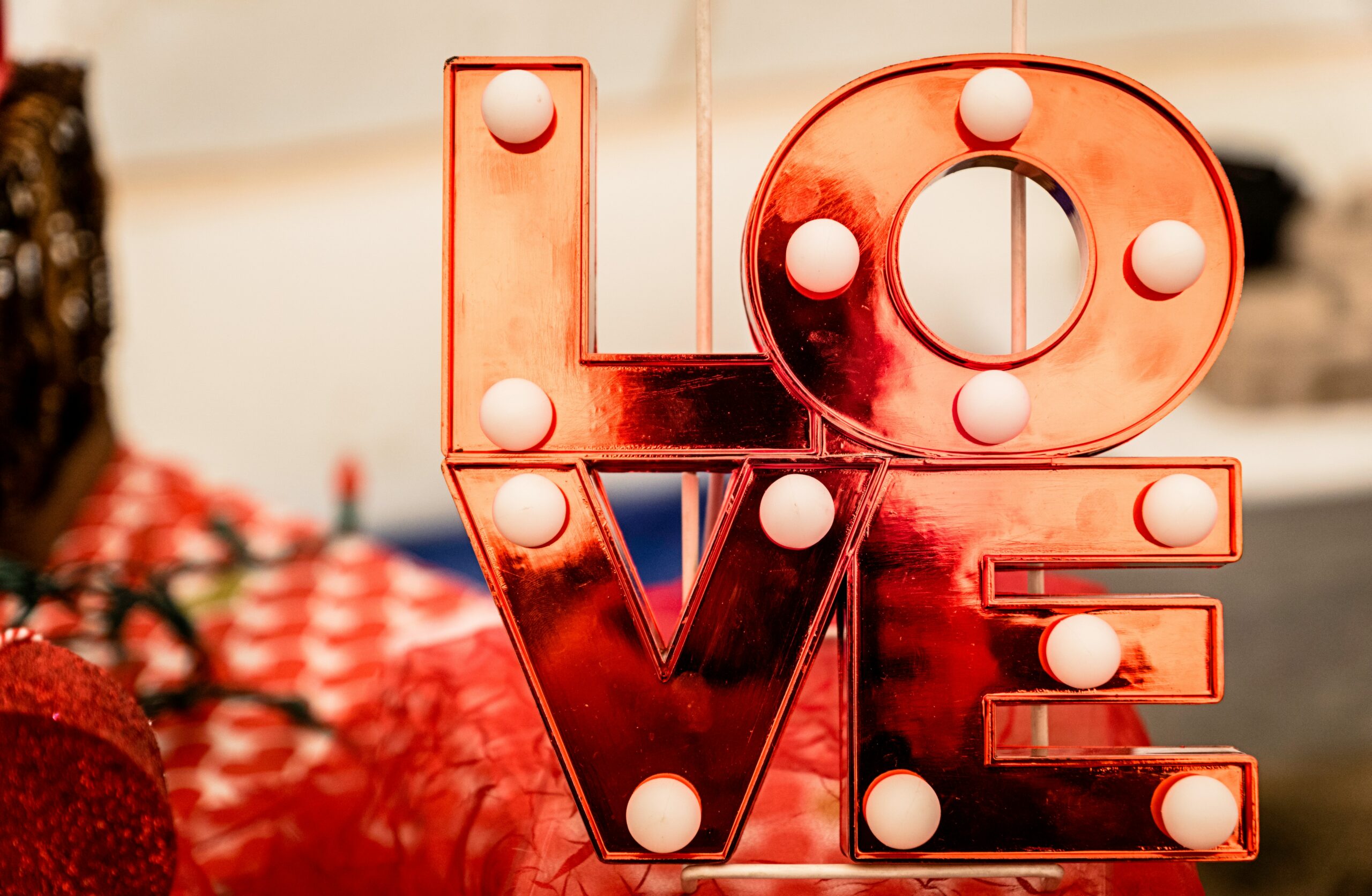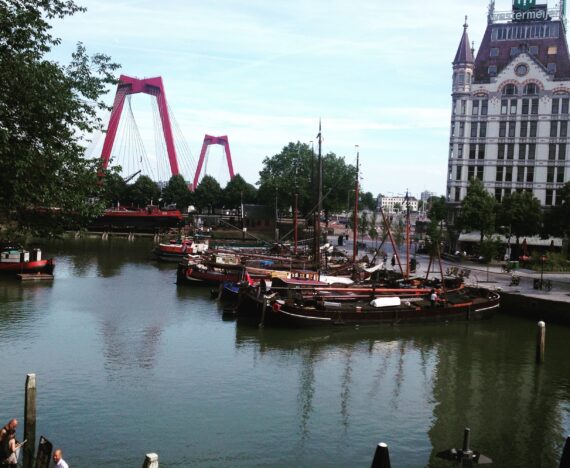Ciao Going Expat People… and Happy Valentine’s!
I have never talked about this day in my content, or maybe just a post of 2 about Martijn and I. But this year I wanted to do something different. Also I thought it would have been nice to show you my point of view, as well as from other couples and to focus on cross-cultural relationships
I am not ure what today is the common idea of mixed-cultural couples, surely it is not always sunshine and rainbows. Not only because, like for everyone, there are personality differences, also because on top of that, we have to deal with cultural differences and language barriers which often lead to huge misunderstandings.
No worries, it is possible to deal with everything, it’s enough to keep an open mind and be ready to communicate as much as possible.
But, where were we? How did I involved other couples? I simply aske on Instagram if anyone would volunteer and answer a few questions, and here I show you the result of the questionnaire. I have included also mine and Martijn ‘s answers. And since about 50% of the participants prefer to remain anonymous I won’t use names.

Love
Cultural Differences: Learning from Each Other
One of the biggest aspects of a mixed-culture relationship is navigating cultural differences. From food preferences to communication styles, to the most important, I think, acceptance of the values we grew up with, every couple faces unique hurdles.
This aspect was particularly underlined by one women when I asked her what she thinks could be the most difficult aspect of a cross culture relationship. Her answer was clear:
“If your partner is not open to you being yourself with the values you grew up with.”
“We can’t agree on who has the best cuisine!” one couple joked, highlighting how food can be both a unifying and divisive factor.
Another couple shared, “Social life is so different! In the Netherlands, people make appointments to meet friends, while in my culture, we just show up unannounced.”
Difficulties can be found also in not knowing what to aspect, one person shared she had no idea how Swiss people were, so she didn’t know what she was jumping in when entered that relationship. And this can be scary and exciting at the same time!
Family values were also a common point of discussion: “In my culture, family is everything. My partner was surprised by how much involvement my relatives have in our relationship.” And also “When it comes to family, Filipinos place a higher importance on family involvement in dating and relationships, often seeking approval early on, while Dutch culture tends to prioritize personal independence and less family influence in dating.”
What happen then, when people who are used to have such a bond with their families are in a relationship with someone who has a opposite balance family-relationship?!
And when it is not only about the family, but the economic freedom? In some countries they get independent way earlier than others, therefore their lie style changes earlier. People might want to achieve certain standards and steps in the relationship earlier or later than other due to how they could conduct their life after school.
Where the participants live and what language do they speak?
Of course you need to have clear that only one person of the couple answered, it means that if the partners who are in their own countries would have, that 50% of the second graph about the language, would have been “my native language”.


The people who participated are all living abroad and hey are coming from Italy, The Netherlands, Germany and Philippine and their partner are (in random order) Dutch, Spanish, British, Jordanian, Swiss and French.
Breaking and Confirming Stereotypes
Many couples found that their relationships helped them break certain cultural stereotypes. Someone admitted, “Although I was never victim of the stereotypes which sees French people cold, my partner proved it wrong.”
Another shared “My partner has changed the way I see relationships in the Netherlands. I used to think Dutch people weren’t very emotional, but now I understand their way of expressing love.”
Here one the we all might not expect to break, Jessica is telling us that Spanish are not spending their days and nights to party (I am obviously exaggerating the concept). Here in her own words “I thought Spanish people were all about partying. On the contrary he is very homey”
However, some stereotypes turned out to be true! One participant laughed, “Yes, the stereotype about long Italian lunches is real! We can sit at the table for hours, and my partner wasn’t ready for that at first.” And I can tell you the stereotype about Italians being loud was repeated more than once.
“There is a stereotype that people from the middle east are more jealous. My partner is very open minded and also Christian but still he couldn’t understand that I am playing in a band with only guys. It took a bit of time for him to understand that it’s nothing not normal in my culture but now it’s better”
Challenges: What Makes Cross-Cultural Love Hard?
While love can bridge many gaps, cultural differences do pose challenges. Some of the difficulties mentioned included:
Different expectations around monogamy and relationships. “I think the way to live our sexuality and emotions “
Understanding whether certain behaviours are impolite or just cultural norms.
Communication struggles, especially with extended families who may not speak the same language.
One respondent noted, “At first, my partner’s way of speaking felt very direct and rude, but I learned that it’s just the Dutch way of being honest.”
“… the difference that has the biggest impact on our relationship is assertive communication. Italians can be quite intense when making decisions/plans or when having a debate about something […] this is often perceived as being aggressive and confrontational (and very rude!) by the British. On the other hand, from an Italian’s perspective, the cautious, considerate-of-the-listener way in which the British present their position or opinion can feel like they’re taking ages to make their point across, or are just waffling around.”
Family Reactions: Support or Skepticism?
Family plays a big role in any relationship, but when cultures clash, acceptance isn’t always immediate.
“Our families were very happy for us, but they had a lot of questions about how we would make it work.”
Another shared, “His family was open-minded, but my family needed time to understand our cultural differences.”
Some were lucky: “Both our families were very happy and supportive from the start.”
There were circumstances where families would be more surprise if their daughter would have shown up with a partner of her own countries, considering they were aware that her circle of friends was mainly locals.
Love Beyond Borders
Despite the challenges, every couple agreed on one thing: being in a cross-cultural relationship is an enriching experience. Learning from each other, embracing differences, and building a life together despite cultural contrasts makes love even more meaningful.
Do you have a story about a cross-cultural relationship? Share your experiences in the comments—we’d love to hear from you!
Thank you so much to my expat folks who helpe me creating this article, and happy Valentine’s to all of you!
Talk to you soon
Rossella





